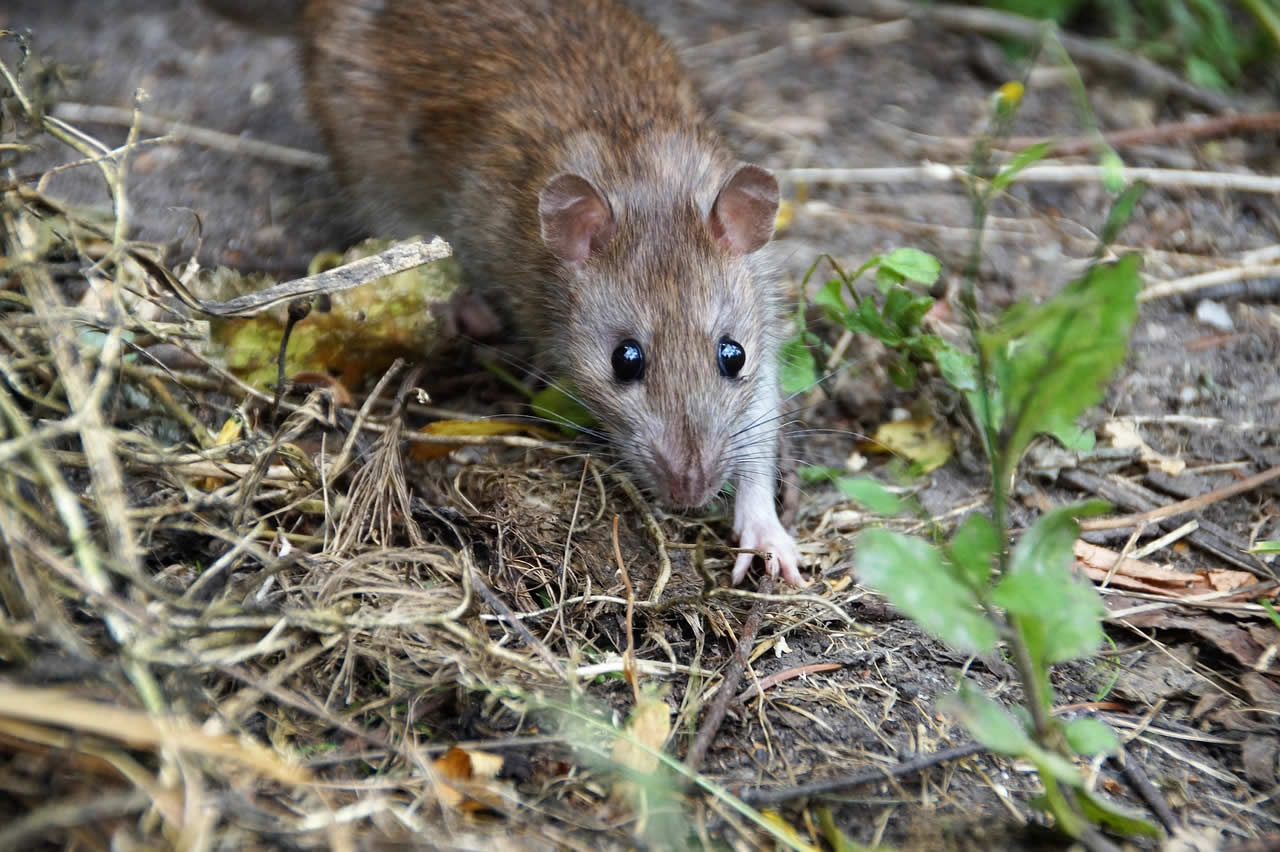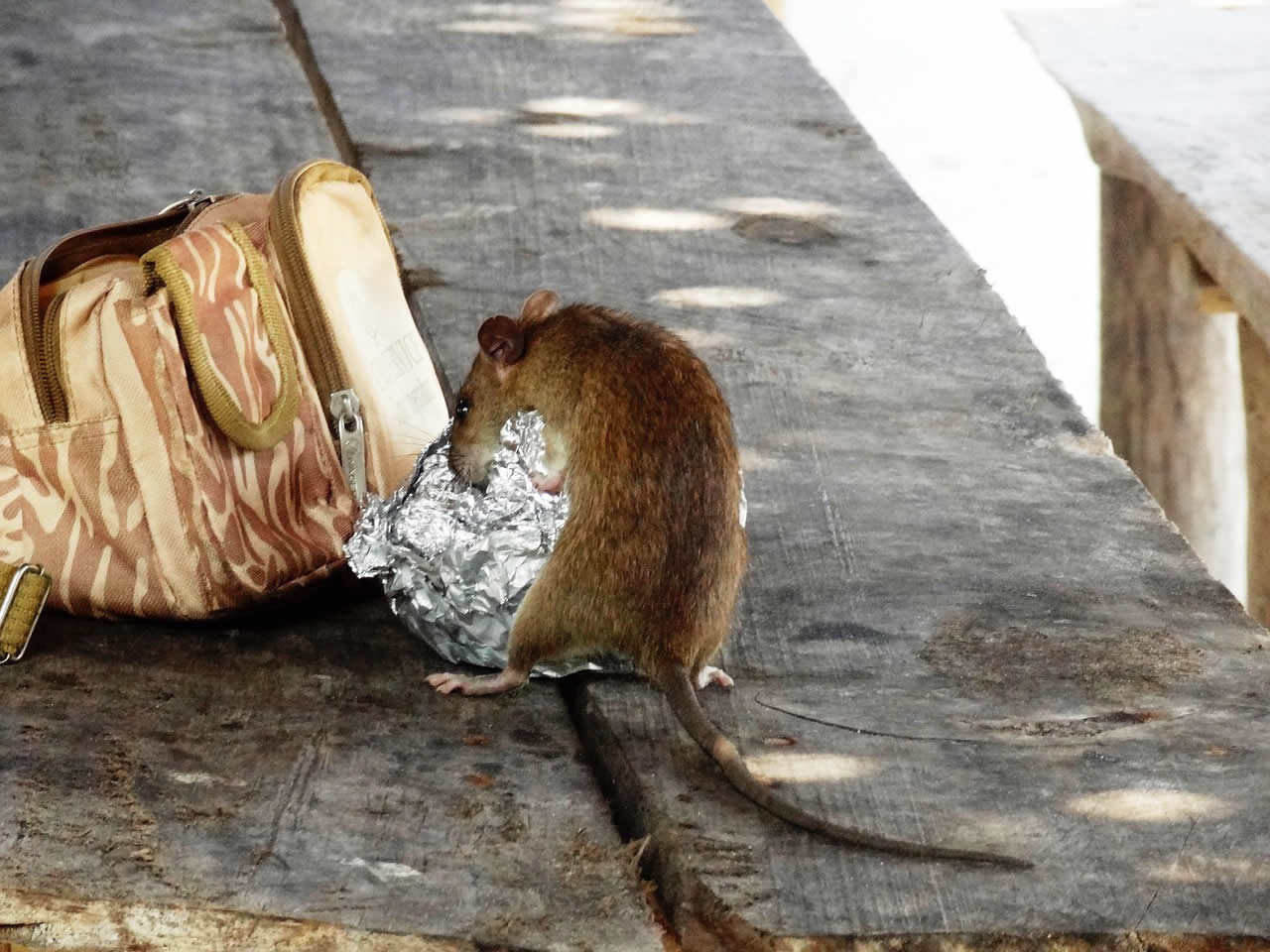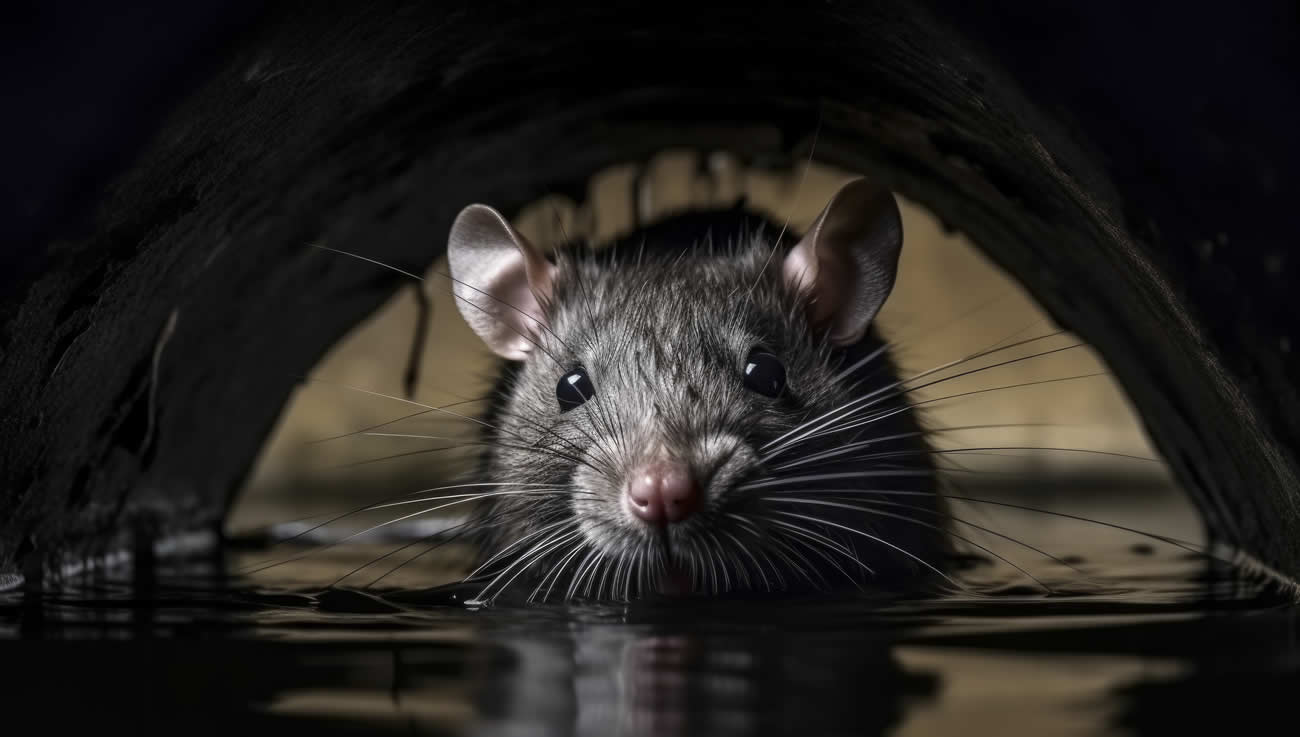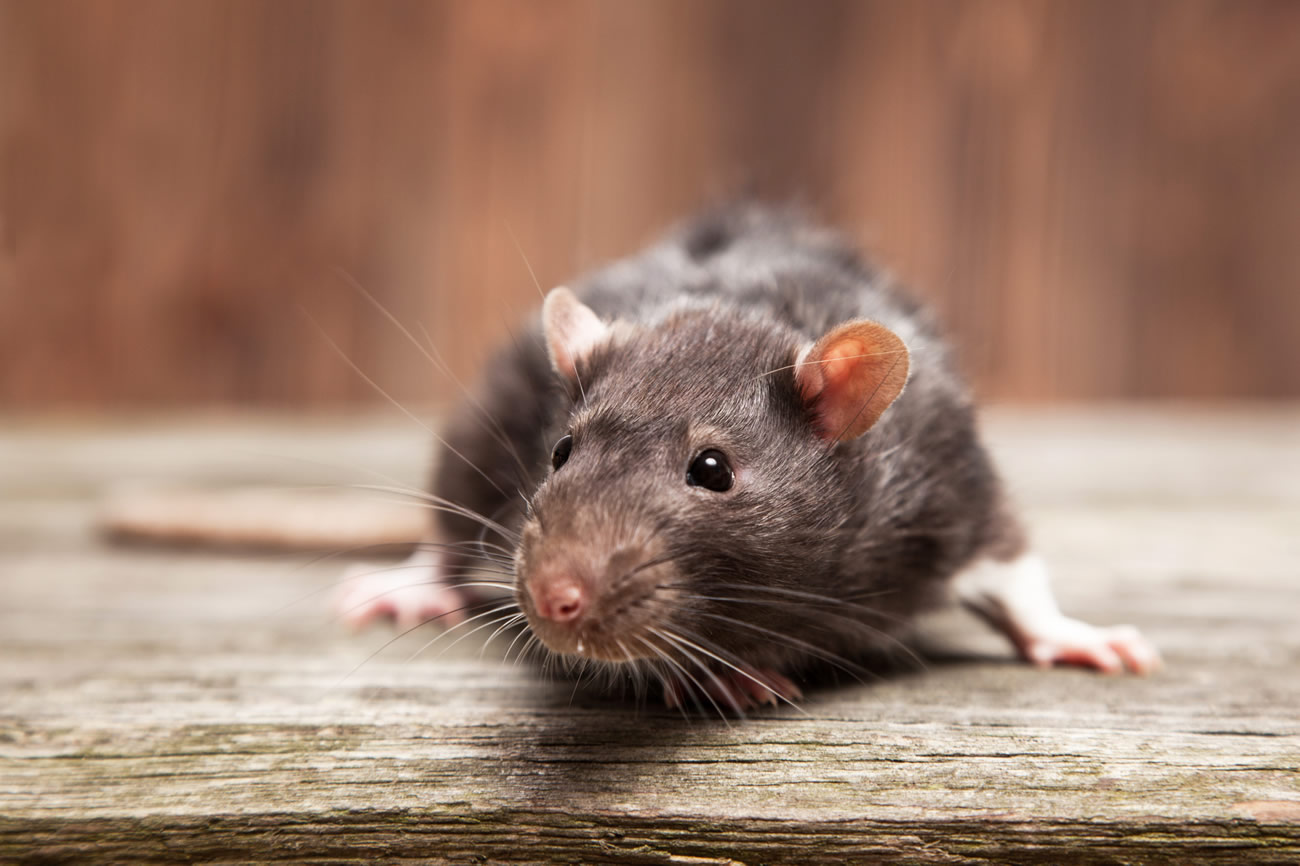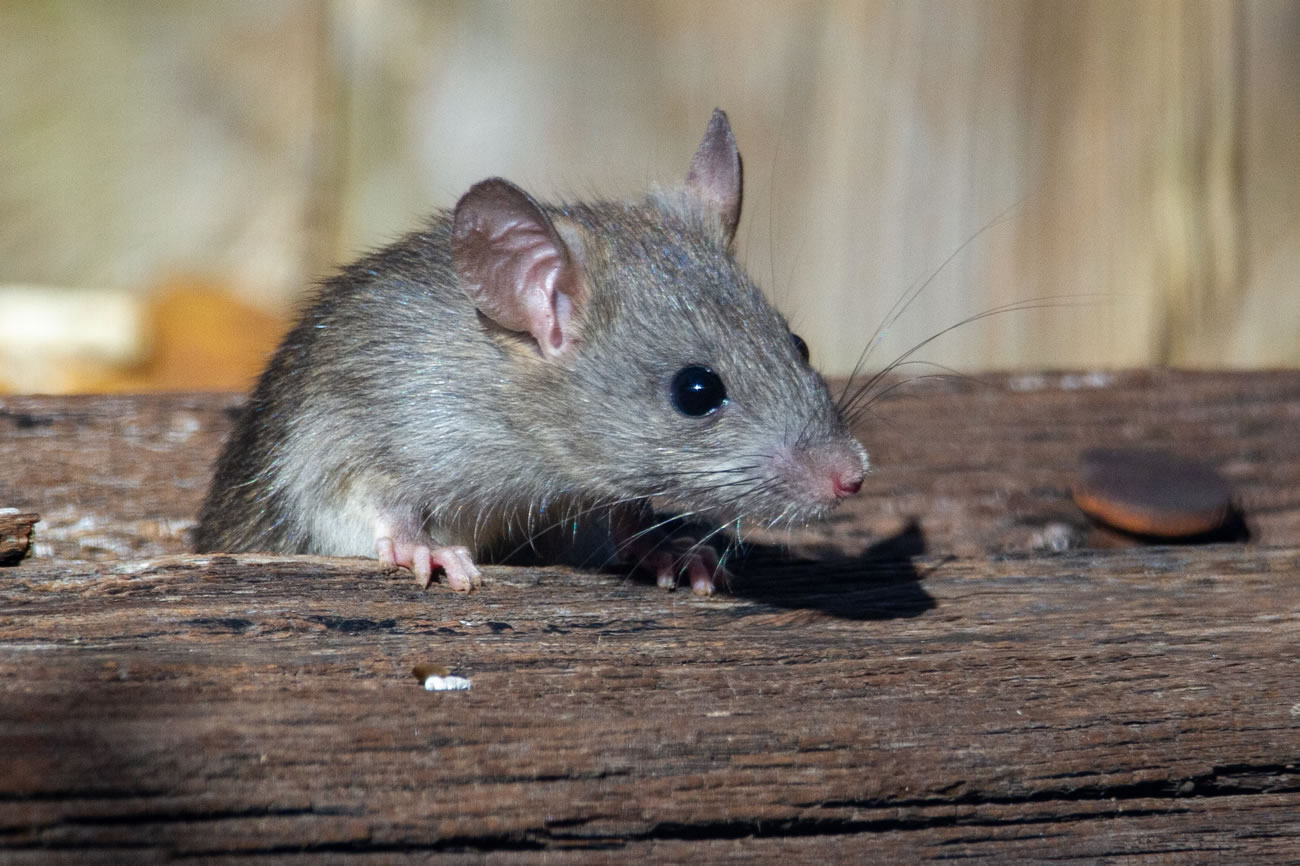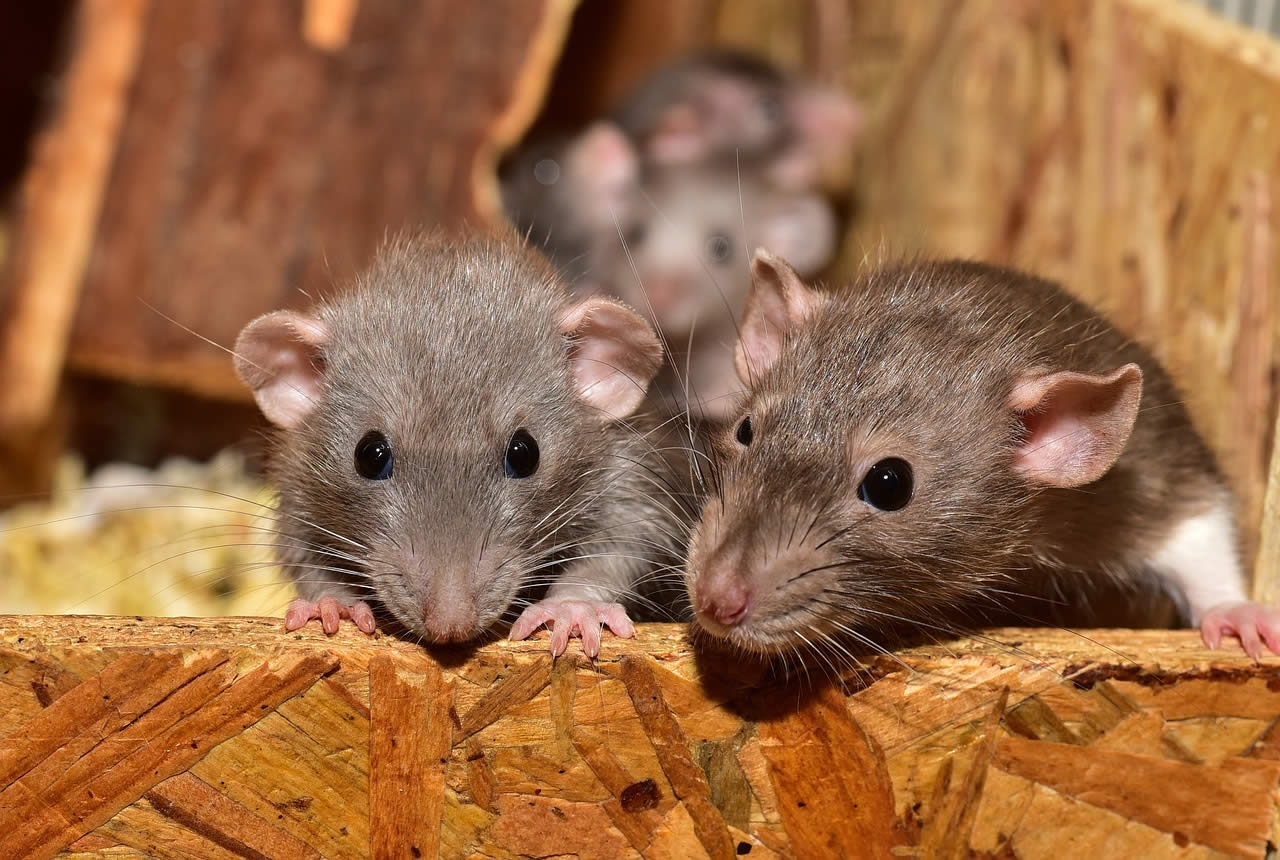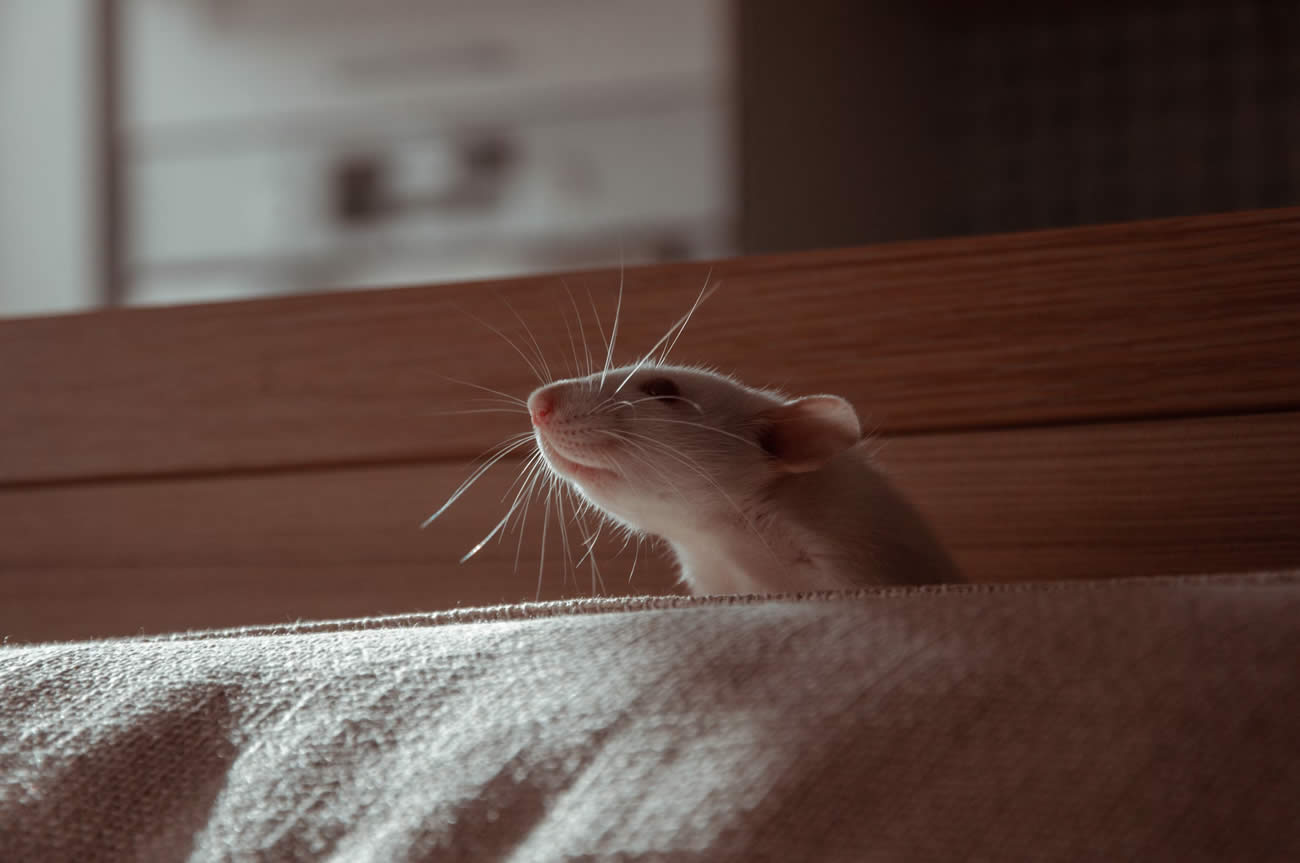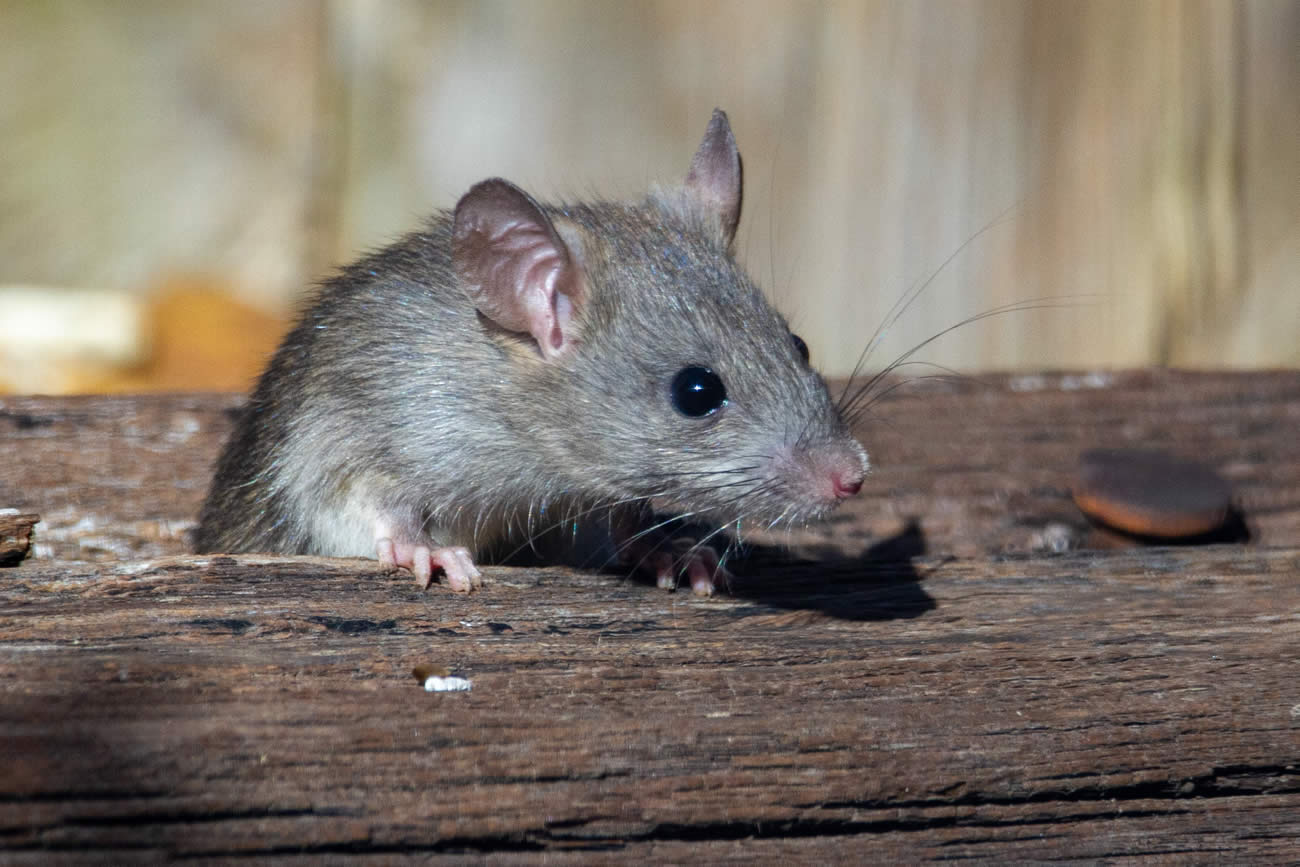Rats and mice are often seen as unwelcome guests in our homes and gardens. Their presence can evoke feelings of discomfort, and many people wonder about their dietary habits, particularly whether rats eat mice. This article aims to shed light on the intriguing relationship between these two rodents, exploring their diets, behaviours, and implications for pest control.
Table of Contents
ToggleUnderstanding Rat and Mouse Diets
The Omnivorous Nature of Rats
Rats, belonging to the genus Rattus, are highly adaptable creatures. Their diet is omnivorous, which means they consume a wide variety of foods. This flexibility is one of the reasons they thrive in diverse environments.
- Common Foods: Rats typically eat grains, fruits, vegetables, and meat. They are opportunistic feeders, often scavenging for whatever food sources are available.
- Adaptability: In urban settings, where food waste is abundant, rats will primarily scavenge. However, in the wild, they may hunt smaller animals, including insects and juvenile mammals.
Mice: Similar Yet Different
Mice, classified under the genus Mus, share a similar omnivorous diet with rats. They primarily feed on seeds, grains, and fruits, but they are also known to consume insects and small invertebrates.
- Dietary Preferences: Mice tend to prefer foods high in carbohydrates and sugars, which makes them particularly drawn to human food sources.
- Behavioural Traits: Mice are generally more timid than rats. Their smaller size and quicker reflexes help them evade predators, including rats.
Do Rats Eat Mice?
The Concept of Muricide
The term “muricide” refers to the act of killing mice, and it is a behaviour observed in rats. While it is not their primary source of food, rats can and do prey on mice when the opportunity arises.
- Predatory Behaviour: Rats are larger and more aggressive than mice, which gives them an advantage when hunting.
- Territorial Disputes: Sometimes, the interaction between rats and mice is driven more by territorial disputes than by hunger. When food is scarce, however, rats may resort to hunting mice.
Instances of Rat Predation
While rats can eat mice, such occurrences are relatively rare.
- Hunting Strategy: Studies have shown that rats often aim for the head and neck of mice to kill them quickly. If a rat is unsuccessful in delivering a fatal bite, the mouse may escape.
- Dietary Choices: When rats do consume mice, they tend to prefer specific organs like the liver and brain, indicating a preference for nutrient-dense parts.
The Ecological Dynamics Between Rats and Mice
Fear and Avoidance
Mice have evolved to develop a keen sense of fear towards rats. This fear response is primarily triggered by the scent of rat urine.
- Survival Instincts: The evolutionary pressure from predation has led mice to become more elusive and cautious in environments where rats are present.
- Infestation Dynamics: It is uncommon to find both rats and mice in the same household at the same time due to this fear response. If you suspect a rodent problem, identifying the species is crucial for effective control.
Implications for Pest Control
Understanding the relationship between rats and mice can aid in developing effective pest control strategies.
- Identifying Infestations: If you notice signs of rodent activity, such as droppings or gnaw marks, identifying whether you have a rat or mouse infestation is essential. This information can guide your control methods.
- Professional Help: If you suspect a rodent infestation, contacting a pest control specialist is advisable. While DIY methods may work for a few rodents, complete removal is necessary due to the rapid reproduction rates of both species.
Effective Pest Control Strategies
Prevention is Key
Preventing rodent infestations in your home starts with understanding their behaviours and habits.
- Sealing Entry Points: Ensure that all potential entry points, such as gaps in walls and around pipes, are sealed.
- Food Storage: Store food in airtight containers and keep your kitchen and dining areas clean to reduce attractants.
Natural and Chemical Solutions
When dealing with rodent infestations, various methods can be employed.
- Traps: Using traps can be an effective way to capture individual rodents. Live traps allow for humane removal, while snap traps can quickly kill.
- Baits and Poisons: If the infestation is severe, professional pest control services may recommend the use of baits or poisons. Always consider the safety of children and pets when using these methods.
The Importance of Professional Assistance
When to Call in the Experts
If you find yourself overwhelmed by a rodent problem, it might be time to seek professional help.
- Thorough Inspection: Pest control professionals can conduct a comprehensive inspection of your property to identify the extent of the infestation.
- Tailored Management Plans: They can offer customised solutions based on the specific species and the severity of the problem.
Community Awareness and Engagement
Raising awareness about rodent behaviours and control measures can help communities manage infestations more effectively.
- Educational Workshops: Consider attending local workshops that educate residents on pest management strategies.
- Community Initiatives: Participating in community clean-up events can help reduce the availability of food and shelter for rodents.
Our Final Say!
In summary, while rats can eat mice, this behaviour is not their primary feeding strategy. Understanding the dynamics between these two rodents is crucial for effective pest management.
By adopting preventative measures and seeking professional assistance when needed, you can protect your home from unwanted rodent guests.
If you suspect a rodent infestation, don’t hesitate to reach out for help. Your peace of mind is worth it.



